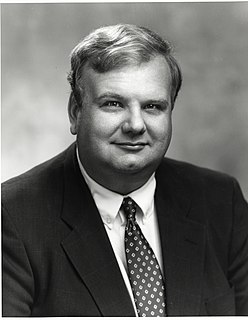A Quote by Charles Stross
I'd like to be proven wrong on the difficulty of handling the medical side-effects of long term exposure to deep space (both microgravity induced illnesses and radiation damage).
Related Quotes
Nuclear industry proponents often assert that low doses of radiation (eg below 100mSV) produce no ill effects and are therefore safe. But , as the US National Academy of Sciences BEIR VII report has concluded, no dose of radiation is safe, however small, including background radiation; exposure is cumulative and adds to an individual's risk of developing cancer.
There are three elements of mountaineering - difficulty, danger, and exposure. Difficulty is the technical aspect of it. Danger, it is best to avoid, but some people like to increase danger to a point where their success is dependent only on luck. And exposure, which is what truly defines Alpinism, is what you face in wild nature.
Wouldn't it be great,as Scott Peck suggests, if all medical students had to undergo the symptoms and feeling of a spectrum of illnesses. From acute infections to terminal cancer - and Kuru, the laughing sickness. Just a month for each exposure, controlled of course, and a good heavy dose of excruciating pain. So they'll know what that feels like.
The Bush Administration believes the Kyoto protocol could damage our collective prosperity, and in so doing, actually put our long-term environmental health at risk. Fundamentally, we believe that the protocol both will fail to significantly reduce the long-term risks posed by climate change and, in the short run, will seriously impede our ability to meet our energy needs and economic growth.





































